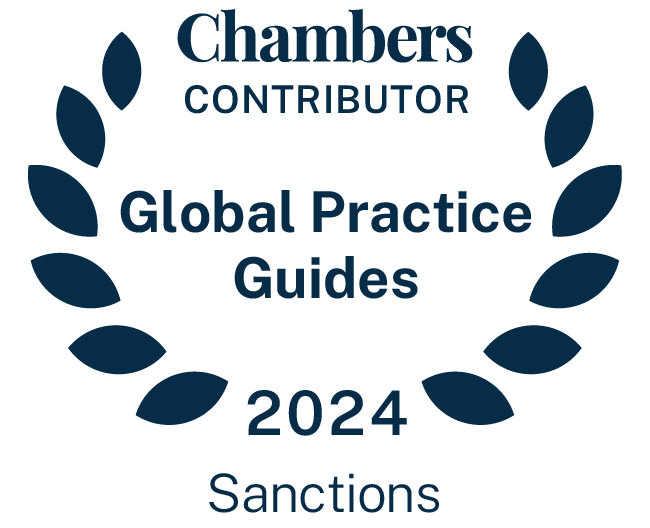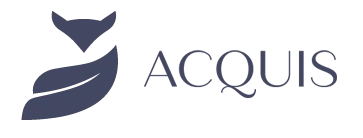Team
CONtact
Rue du Trône 98,
1050 Brussels, Belgium
+32 (0) 2 887 94 10
info@acquislp.eu

Services
EU approves 10th package of sanctions against Russia

On 25 February, the EU adopted its latest package of restrictive measures against Russia, which contains new listings plus trade and financial sanctions, including further export bans worth more than €11 billion.
Slightly after the start of Ukraine’s official commemorations of its first year at war, EU Member States have adopted the 10th package of sanctions against Russia, introducing new listings and import and export restrictions, and measures facilitating the divestment of EU companies from the Russian market. Nevertheless, several discussion items have been left out, such as the planned sectoral sanctions on the diamond and nuclear industries and the proposals for a sanction circumvention “watchdog”, and to introduce fines for failure to implement reporting obligations.
- New Financial Sanctions
The 10th package adds 121 individuals and entities to the sanction list, including government and military officials, weapons manufacturers, media outlets and executives, financial institutions, and three Russian banks (Alfa Bank, Rosbank, Tinkoff).
- Measures Targeting Divestment
To facilitate the divestment from the Russian market by EU operators, the package extends the exemption from the prohibition to enter any transactions with certain Russian state-owned entities if it is necessary for the wind-down of a joint venture. Also, the ban on certain services (accounting, tax, etc.) may be authorised until 31 December 2023 for the exclusive benefit of the legal persons, entities or bodies resulting from the divestment.
New Trade Control Measures
Specialised vehicles, machine parts, targeted construction goods, and engine spare parts are now subject to a new export ban on electronics and industrial goods. The list of restricted items contributing to Russia’s military and technological development includes new components found in weapons systems such as rare earth materials, electronic integrated circuits, and thermal cameras. Furthermore, export restrictions on entities supporting the Russian military have also been tightened and the list includes 96 additional entities. New import bans covering EU imports worth almost € 1.3 billion have also been introduced on high-revenue goods, such as asphalt and synthetic rubber.
- Circumvention and Enforcement
The transit of technology and dual-use goods through Russia has been prohibited to avoid the circumvention of the export ban. Moreover, reporting obligations have been strengthened for funds and resources belonging to listed entities and assets pertaining to the Central Bank of Russia. Aircraft operators must also notify national authorities of all non-scheduled flights.
- Restrictions on Russian Nationals
Russian nationals are now banned from holding positions in EU governing bodies and Member States’ critical infrastructure companies, and from booking gas storage facilities in the EU.
- Exemptions and clarifications
New exemptions to trade restrictions have been introduced, including an import quota on synthetic rubber that was subject to disagreements between Member States. Rules are also provided on the release of goods that had already been presented to customs authorities when they became subject to sanctions.
- Broadcasting
RT Arabic and Sputnik Arabic have been added to the existing media ban.






